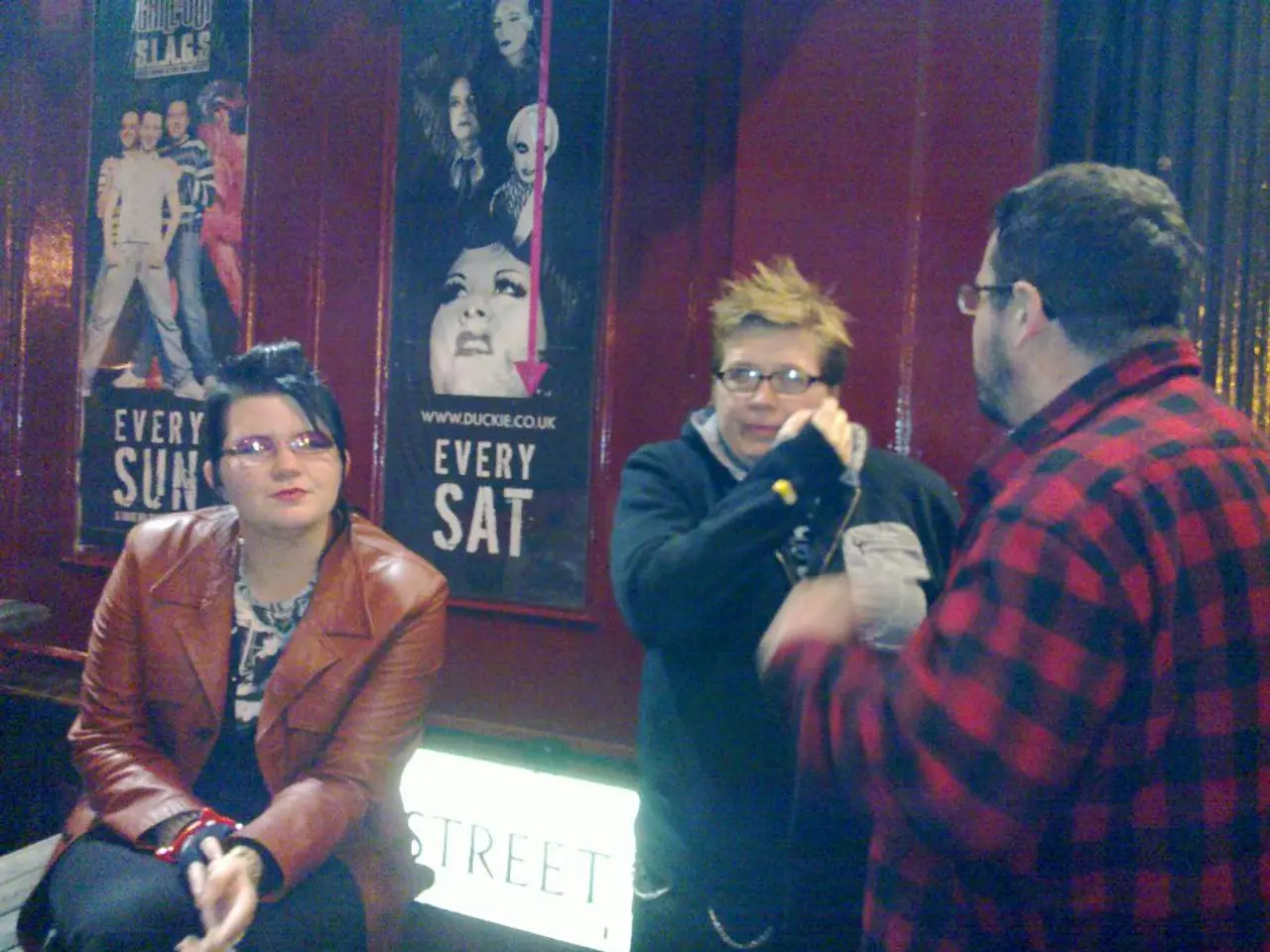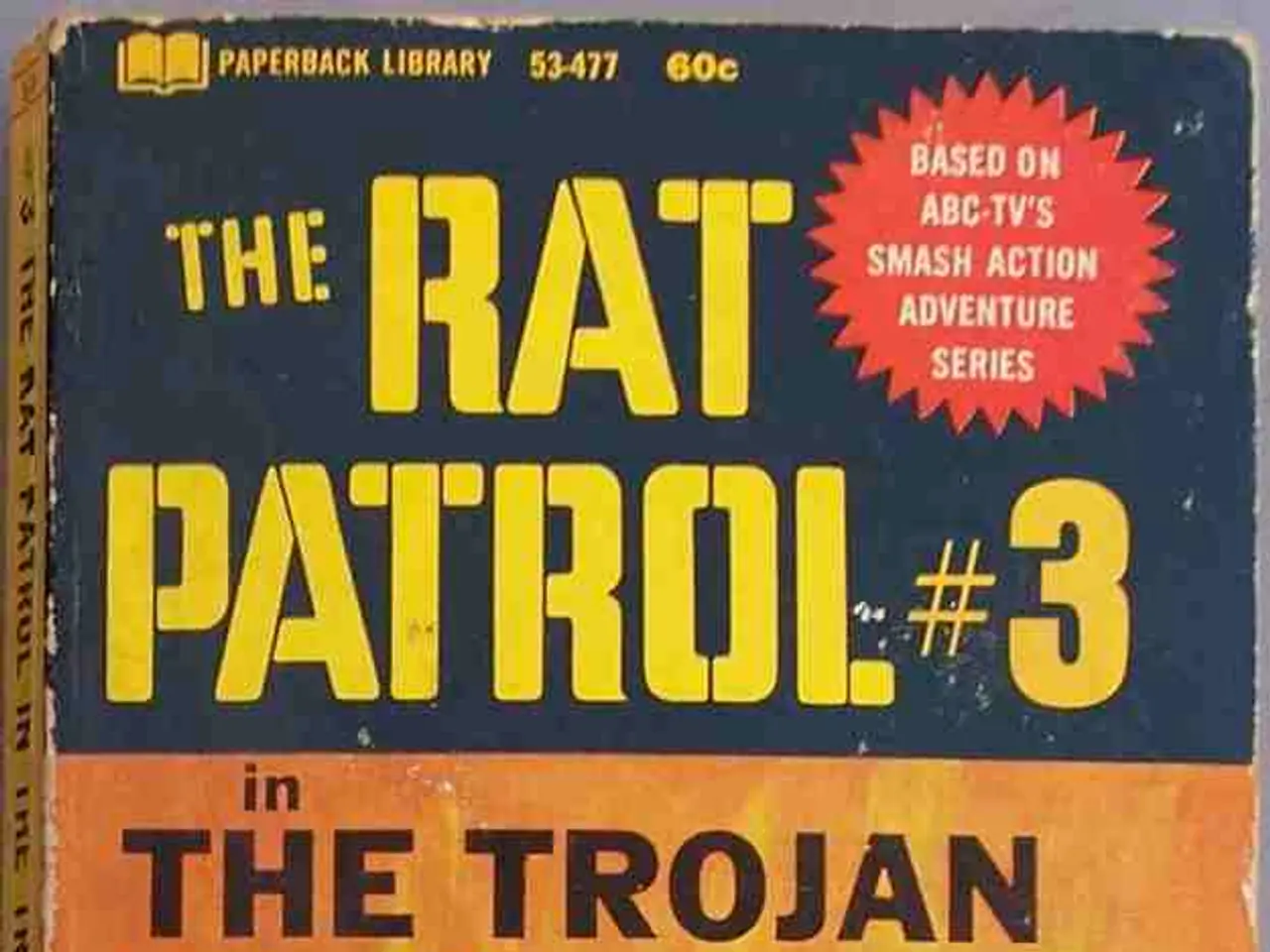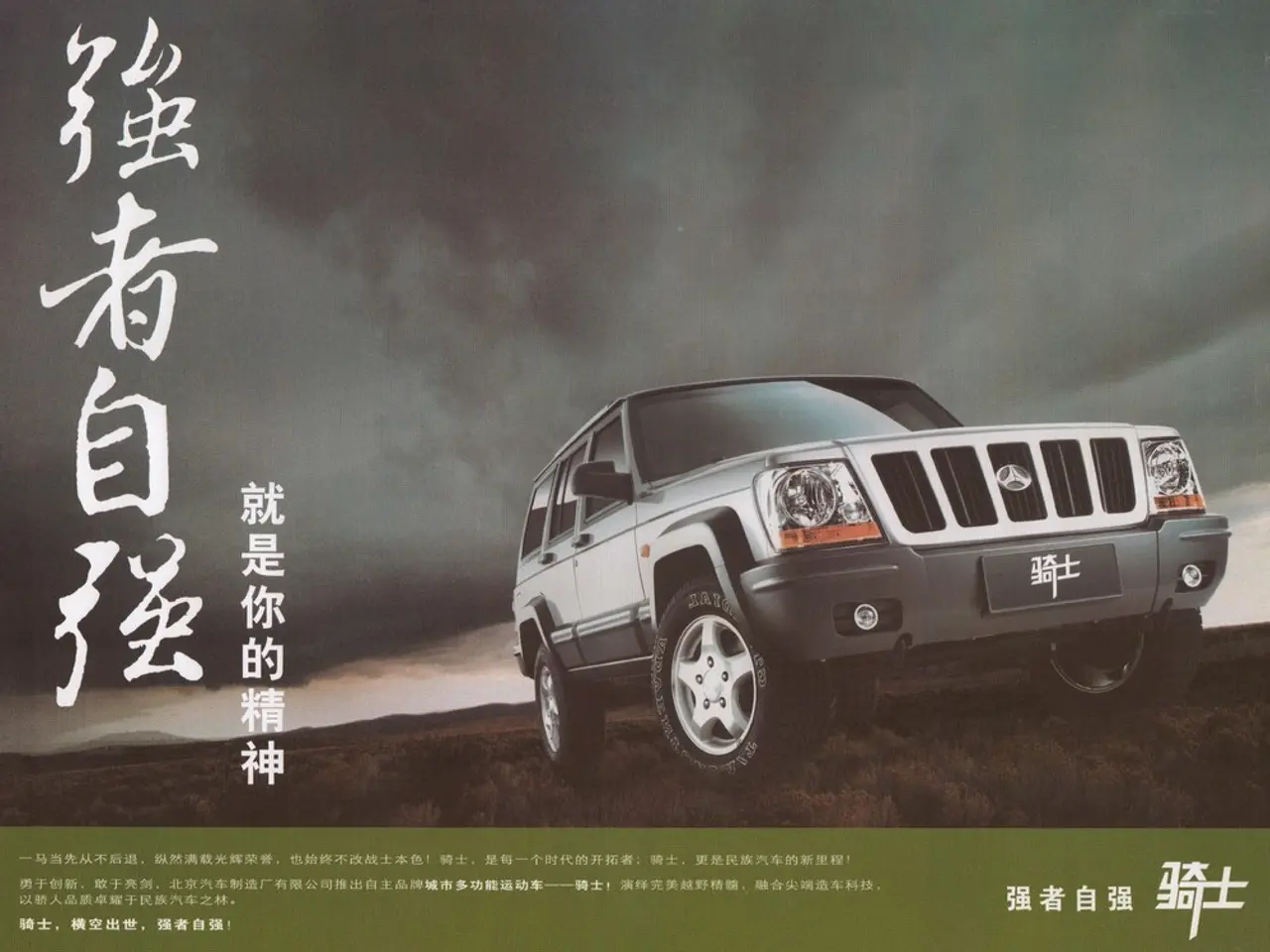Youthful appeal yet outdated sensibilities: contemporary brand wit in 2024
In the ever-evolving world of marketing, humour has emerged as a potent tool to capture audience attention and boost sales. By creating emotional connections and fostering relatability, humour can make brands more trustworthy and engaging.
A prime example of this is Aldi, the supermarket chain that has effectively used humour in advertising to increase pasta sales. Their slogan, "Grudgingly approved by Italian grandmothers," is a testament to their understanding of their customer base and their ability to tap into shared experiences. This strategy is evident in a decade-old ad featuring a woman in her mid-80s, which has been a key dynamic in Aldi's success since 2010.
On the other hand, the use of humour in advertising is not without its pitfalls. The recently released Wrigley's ad, which showcases the "wacky-as-funny" school of advertising, lacks a sense of surprise, a central component of humour. While the ad offers many enjoyable moments of observational comedy, its far-fetched premise seems to fall short of engaging the audience as effectively as Aldi's more relatable approach.
The art of using humour in advertising is not just about being funny; it's about being relevant, relatable, well-timed, and consistent with brand identity. Studies show that humour is the leading factor in people’s favourite ads, contributing strongly to ad recall and brand favourability. In fact, 72% of people said they'd 'choose a humorous brand over the competition' according to a 2022 Oracle survey, and 91% say they 'more likely to remember a funny ad.'
However, marketers must be cautious when using humour, ensuring it aligns with audience sentiment and context, and avoiding humour that could alienate or confuse. The long-standing embrace of brand purpose by some marketers has been criticised as an example of marketers living on another planet. But as the industry evolves, there is a growing recognition that brands may become less out of touch over time.
The Cannes Lions Festival of Creativity, a prestigious event in the advertising world, introduced a new Use of Humour category in late 2023, further emphasising the importance of humour in advertising. Brands who have used humour for years, such as Volvo, Volkswagen, McDonald's, and IKEA, know what they're doing and do it very well.
In conclusion, the most effective humour in advertising is relevant, relatable, well-timed, and consistent with brand identity. It not only entertains but builds emotional bonds that translate into higher engagement and increased sales. As the advertising landscape continues to evolve, the role of humour in capturing audience attention and boosting sales is set to become even more significant.
In the realm of advertising, media outlets oftentimes showcase humorous content during news segments or marketing campaigns, infusing a dose of entertaining humor into the traditional news format. The humorous approach can foster a stronger connection between audiences and brands, especially when it aligns with the viewers' sentiments and relatable experiences, similar to Aldi's successful strategies.
Moreover, theUse of Humour category introduced at the Cannes Lions Festival of Creativity in late 2023 highlights the growing importance of using humor effectively in advertising, with well-established brands like Volvo, Volkswagen, McDonald's, and IKEA excelling in this area. Successful humor in advertising engages audiences not only through entertainment but also by building emotional bonds that can translate into higher engagement and increased sales.








